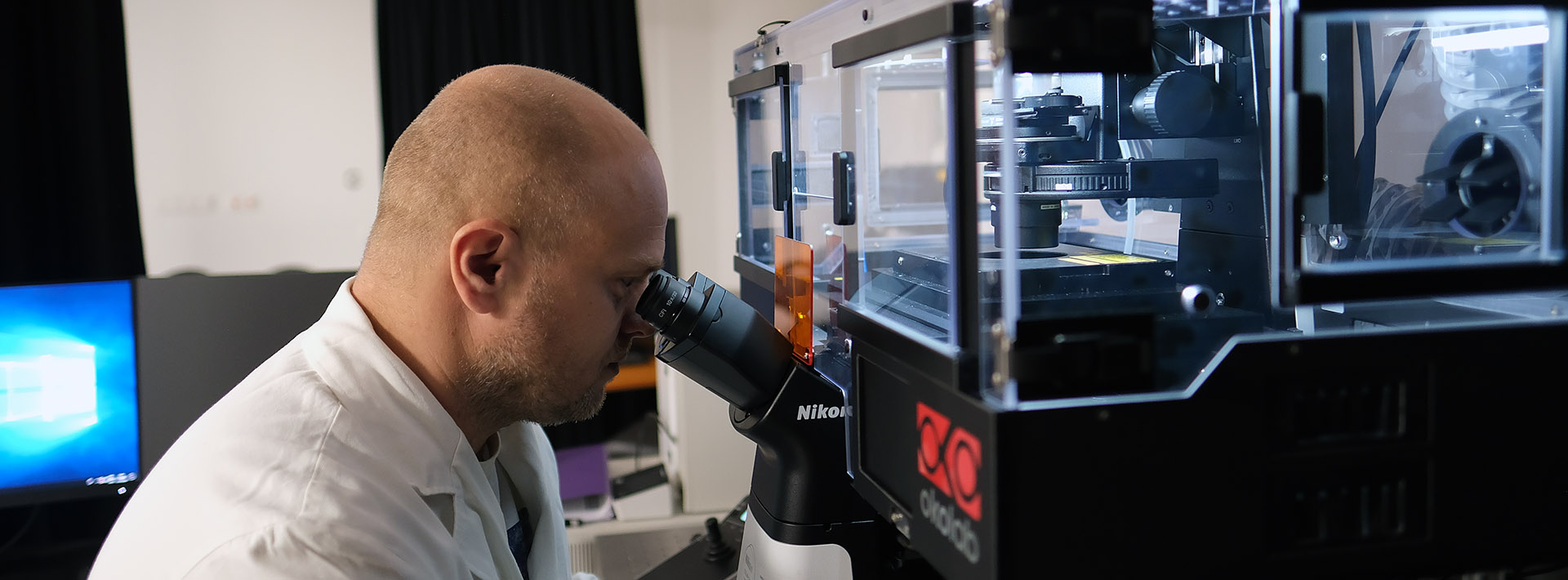Adatok
A Tantárgybejelentőben megadott hivatalos adatok az alábbi tanévre: 2024-2025
Tantárgyfelelős
-
Péczely László Zoltán
associate professor,
Institute of Physiology
Óraszámok/félév
előadás: 12 óra
gyakorlat: 0 óra
szeminárium: 0 óra
összesen: 12 óra
Tárgyadatok
- Kód: OXF-CY1-h-T
- 1 kredit
- General Medicine
- Optional modul
- autumn
Nincs
Kurzus létszámkorlát
min. 5 fő – max. 30 fő
Campus kurzusként elérhető . Campus-karok: GYTK TTK
Tematika
Cybernetics embracing more disciplines deals with the control, regulation, information flow and processing occurring in expediently working dynamical systems. The most important goal of our subject is to help the students understand the functional principles of the regulatory systems, mainly those of the human body. Furthermore, we would like to familiarize the students with how the balance of the regulatory systems can be maintained by their wide adaptive and learning capacity/capability. We would like to demonstrate that etiology of many diseases can be explained by the disruption of balance, how the balance can be restored by the therapy and, at the same time, how the therapy can cause the shift of the balance in other parts of the system (side effect). In addition to the biological systems, both the functional description of the artificial regulatory systems and the artificial intelligence will be addressed. In the first semester the following topics are discussed: general description of systems, mathematical basics, the concept of homeostasis, biocybernetics of cellular and subcellular structures, mathematical model of the blood coagulation cascade, cardiorespiratoric system as regulatory system, neuroendocrine regulation.
Előadások
- 1. Introduction: Cybernetics as discipline, definition of systems, general description. Relationship between system and environment. Living organisms as cybernetic systems. Doctor and patient as the elements of cybernetic system. - Péczely László Zoltán
- 2. The concept of information, collecting and storing information, information analysis. Measurement techniques and intervention issues. - Péczely László Zoltán
- 3. Mathematical tools in Cybernetics I - Péczely László Zoltán
- 4. Mathematical tools in Cybernetics II - Péczely László Zoltán
- 5. Model and reality, deductive and inductive inference, modelling. - Péczely László Zoltán
- 6. Homeostasis. Hierarchical structure of the regulation of organism. Role of feedback in regulatory systems. - Péczely László Zoltán
- 7. Biocybernetics of cellular and subcellular structures, analogies (modelling of membrane processes, integrative description and models of transductional pathways). - Péczely László Zoltán
- 8. Mathematical modelling of the blood coagulation cascade. - Péczely László Zoltán
- 9. Integrative cardiorespiratoric regulation, regulatory disturbances, options for interventions I - Péczely László Zoltán
- 10. Integrative cardiorespiratoric regulation, regulatory disturbances, options for interventions II - Péczely László Zoltán
- 11. Integrative neuroendocrine regulation, regulatory disturbances, options for interventions I - Péczely László Zoltán
- 12. Integrative neuroendocrine regulation, regulatory disturbances, options for interventions II - Péczely László Zoltán
Gyakorlatok
Szemináriumok
A tananyag elsajátításához szükséges segédanyagok
Kötelező irodalom
-
Saját oktatási anyag
-
Jegyzet
-
Ajánlott irodalom
Guyton & Hall: Textbook of Medical Physiology
V. V. Purin, R. M. Buyevskiy: Introduction To Medical Cybernetics
Peter Norvig, Stuart J. Russell: MI modern megközelítésben
James Kneer, James Sneyd: Mathematical Physiology I.: Cellular Physiology
James Kneer, James Sneyd: Mathematical Physiology II.: System Physiology
A félév elfogadásának feltételei
Writing a short essay by the end of the semester.
Félévközi ellenőrzések
Writing of case study, online test.
Távolmaradás pótlásának lehetőségei
Not necessary, but it is possible in another language
Vizsgakérdések
The topics of the lectures
